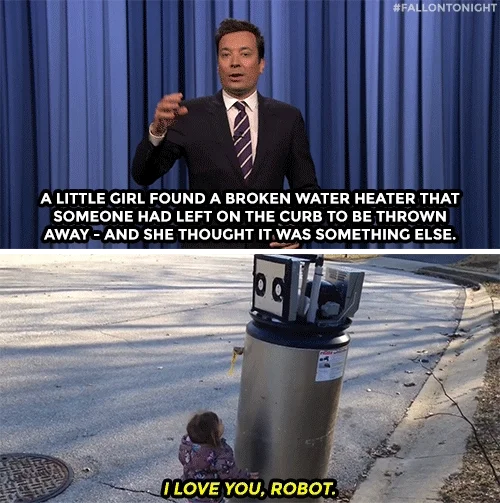



Water heaters are truly the unsung heroes of our households that we take for granted, quietly providing hot water for showers, dishes, and laundry day in and day out. They are also one of the most overlooked and neglected appliances — we don’t need to tell you, maybe just remind you, that regular/annual maintenance is key. Here’s how:
Check the Pressure Relief Valve (PRV) The pressure relief valve is super important and is designed to release pressure buildup inside the tank to prevent explosions. Regularly test the PRV with the help of a pro. They will lift the valve’s lever slightly to allow a burst of hot water to escape. If water doesn’t flow out or the valve leaks continuously, it may need to be replaced.
Flush the Tank Annually Sediment buildup in the tank leads to decreased efficiency and even corrosion. Emptying the tank annually helps remove sediment, ensuring optimal performance. To do this, turn off the power or gas supply to the water heater, connect a garden hose to the drain valve at the bottom of the tank, and drain several gallons of water until it runs clear. Here’s a video on how to do it.
Inspect Anode Rod An anode rod is a part inside the water heater that attracts corrosive elements in the water, preventing them from damaging the tank. A pro can inspect the anode rod annually and replace it if it’s heavily corroded, typically every 3-5 years depending on water quality and usage.
Check for Leaks Take a look around for any signs of leaks, such as puddles or dripping water around your water heater. Leaks can indicate a variety of issues, from loose fittings to internal tank corrosion. Address any leaks promptly.
Insulate Hot Water Pipes Insulating hot water pipes can helps reduce heat loss as water travels from the heater to your faucets and showers. This not only improves energy efficiency but also reduces the time it takes for hot water to reach its destination, saving both water and energy.
Give it space Make sure there is adequate space around your water heater to allow for proper ventilation and combustion. Clear any clutter or debris around the heater and avoid storing flammable materials nearby to reduce the risk of fire hazards.
Schedule Professional Inspections While some DIY maintenance is doable, scheduling periodic inspections by a qualified technician is equally important. A pro can identify potential issues early on, perform thorough checks, and recommend necessary repairs or replacements to keep your water heater in top condition.

With winter in the rearview mirror, your backyard is going to need a bit of TLC to get it ready for spring. Whether you enlist the help of ...



Subscription-based protection for when major
appliances and systems break down.
